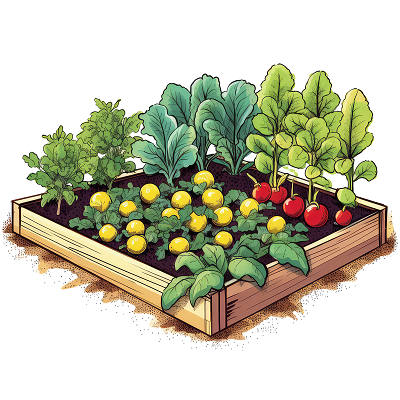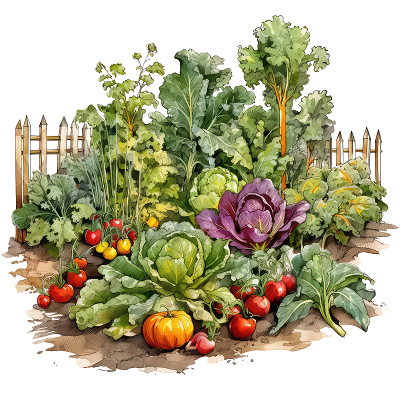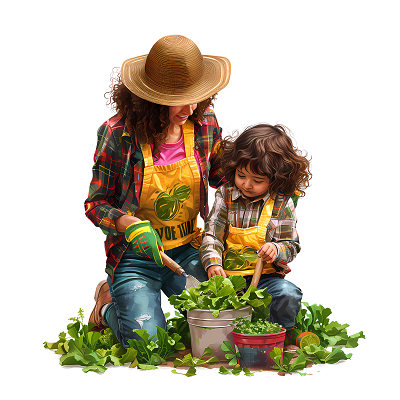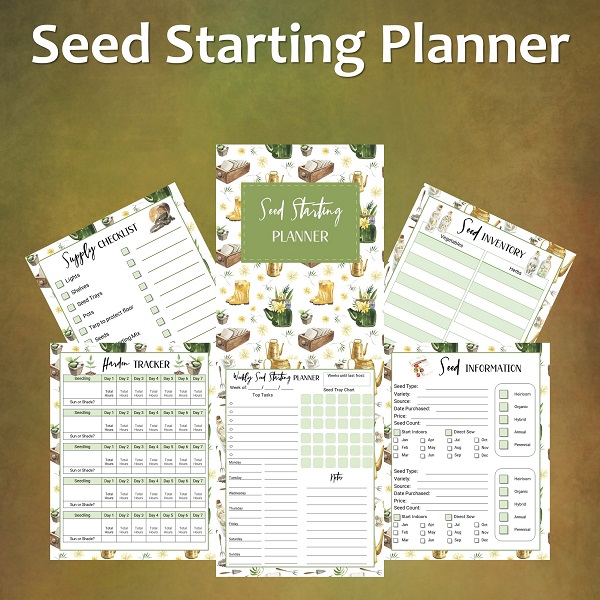Gardening Tips
 There are many benefits to using raised vegetable garden beds in your garden. For starters, one of the best things about raised beds are that you can interplant many types of herbs, vegetables, and flowers into them. It is then easy access to prune and nurture then so to have the healthiest and most productive plants to harvest their “fruits”, so to speak.
There are many benefits to using raised vegetable garden beds in your garden. For starters, one of the best things about raised beds are that you can interplant many types of herbs, vegetables, and flowers into them. It is then easy access to prune and nurture then so to have the healthiest and most productive plants to harvest their “fruits”, so to speak.
Another perk of planting your garden in elevated garden beds is that it is easier on your back and knees because they require less bending, kneeling and crawling than regular beds.
In addition, raised garden beds offer better drainage, which means your plants aren’t stuck sitting in excess water every time it rains. Plus, it is much easier to build your soil UP than it is to work amendments into the ground.
Fortunately, building raised vegetable beds is a super easy do-it-yourself project. All you need are some readily available tools and materials, and an extra pair of hands. Continue reading
 In the 2010 reboot of the movie The Karate Kid, Jaden Smith tells his young Chinese love interest, in a feeble attempt at Chinese, “wu ji bi fan,” relaying what Jackie Chan’s character told him: “too much of something isn’t good.” Though the Chinese girl laughs and corrects Jaden’s pronunciation, the quote is true with many things in life, like eating too much chocolate will give you headaches, being exposed to the computer screen for too long can eventually harm your eyes, and too much fertilzer can damage or kill your garden plants.
In the 2010 reboot of the movie The Karate Kid, Jaden Smith tells his young Chinese love interest, in a feeble attempt at Chinese, “wu ji bi fan,” relaying what Jackie Chan’s character told him: “too much of something isn’t good.” Though the Chinese girl laughs and corrects Jaden’s pronunciation, the quote is true with many things in life, like eating too much chocolate will give you headaches, being exposed to the computer screen for too long can eventually harm your eyes, and too much fertilzer can damage or kill your garden plants.
Yes, it can happen. As much as fertilizer gives a positive effect on the plant because, well, it’s called fertilizer for a reason, over fertilization of your garden can produce the reverse effects that it’s supposed to show: stunted growth, unhealthy leaves, weakness or vulnerability to pests, and worst case scenario, you’ll have to say “bye-bye” to the plants you’ve taken care of for quite a time. Continue reading
 Experienced gardeners have different methods to fend off pests. You might have heard of the “garlic-in-between-plants” method, which most old timers swear by. Planting garlic is actually a form of a natural pesticide. It is one of a thousand techniques and tricks you can pull off to repel harmful insects in your garden.
Experienced gardeners have different methods to fend off pests. You might have heard of the “garlic-in-between-plants” method, which most old timers swear by. Planting garlic is actually a form of a natural pesticide. It is one of a thousand techniques and tricks you can pull off to repel harmful insects in your garden.
You can categorize all methods into three – planting, putting and mixture. You plant a natural pesticide, put a natural pesticide, or you spray a mixture. There is no need for harmful chemical solutions and mixtures. Knowing these simple, but effective techniques will surely minimize the hassles of keeping a 24/7 eye on your garden.
It has been proven by science that certain varieties of flowers can drive away harmful pests from your garden. These flowers contain properties that either invite beneficial insects or repel harmful insects. A number of good insects feed on harmful insects, so if you can attract these predators, not only are you protecting your garden, but you are also recruiting additional security all at once. Continue reading



